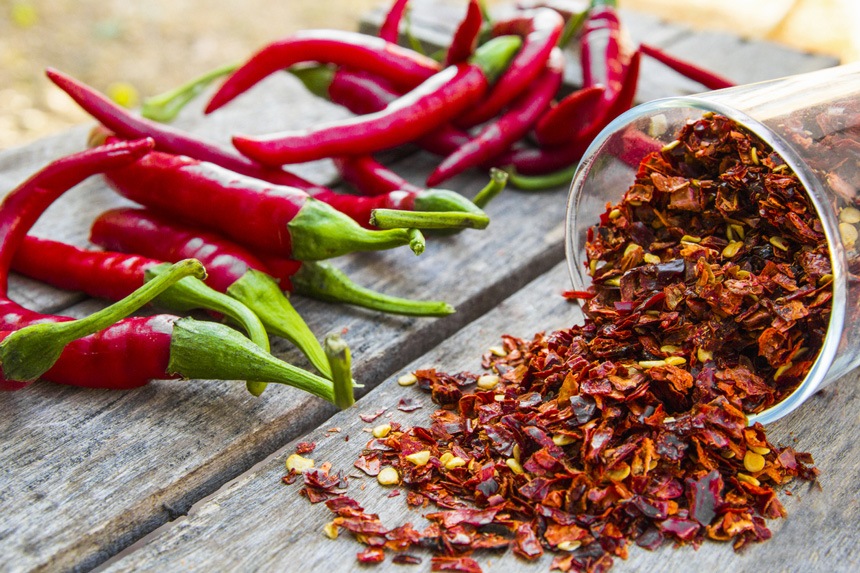Spicy Foods

Spicy foods, cherished for their ability to add zest and heat to meals, contain capsaicin, a compound that can irritate the esophagus and exacerbate GERD symptoms. This is particularly true for individuals with sensitive digestive systems.
A study conducted in Korea in 2017 pointed out that hot, spicy stews could trigger GERD symptoms in more than half of the participants. Despite some claims that habitual consumption of spicy foods may reduce GERD symptoms, the lack of substantial research since then leaves room for caution. Individuals with GERD should limit their intake of spicy foods or find milder alternatives to satisfy their craving for heat. [2]
Citrus Fruits

Citrus fruits like oranges, lemons, and grapefruits are loaded with acidity, which can be a double-edged sword for those with GERD. While packed with vitamins and antioxidants, their high acid content can irritate the esophagus lining and trigger acid reflux symptoms.
It’s not all gloom for fruit lovers, though. Low-acid fruits, such as melons and bananas, can be a safer choice for those looking to enjoy fruits without the risk of exacerbating their GERD symptoms. These fruits offer a sweet reprieve that is nourishing and gentle on the esophagus.





